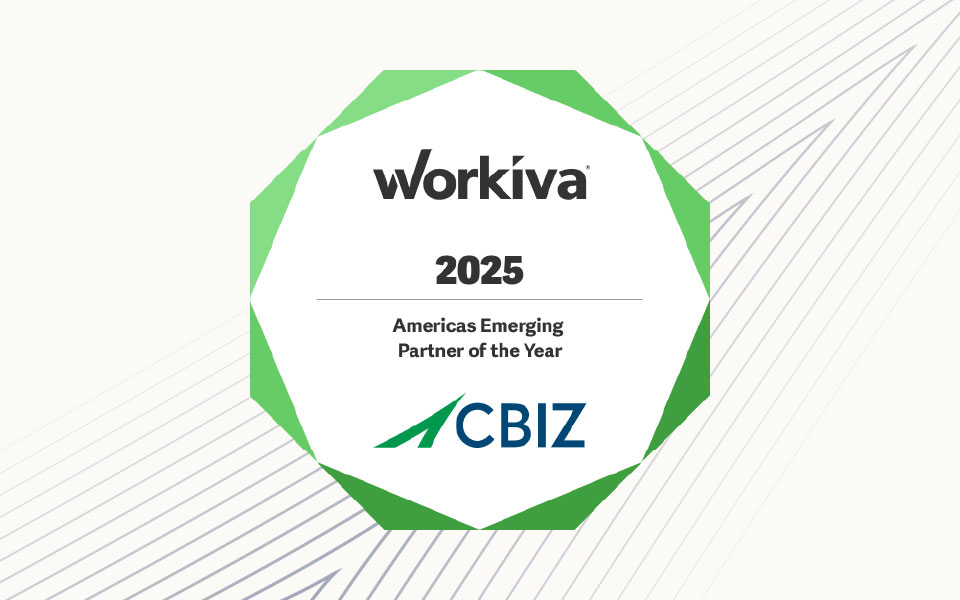On July 15, 2025, the Federal Deposit Insurance Corporation (FDIC) proposed inflation-based adjustments to certain regulatory thresholds, including the annual internal control audit and reporting requirements established by Part 363 of the FDIC’s regulations, and proposed a process for future updates. This marks the initial phase of a broader review of these thresholds.
The Impact of Inflation-Indexed Adjustments
The FDIC claims that these inflation-indexed adjustments would help better align regulatory obligations with the size and risk profile of each bank, thereby relieving many smaller banks of the costly audit and governance requirements established by the Federal Deposit Insurance Corporation Improvement Act (FDICIA).
This is true—the changes could relieve up to 1,400 banks, about 28% of all FDIC-insured institutions, from FDICIA requirements, particularly those with assets ranging from $500 million to $5 billion. However, the question remains whether this is truly a benefit for these institutions. A weakened control environment could be dangerous for many banks, particularly small banks, as weak controls expose them to various risks, including but not limited to misappropriation, unauthorized transactions, and fraud.
An Example of a Weakened Control Environment
A recent example of this risk is the multimillion dollar bank fraud scheme involving five banks in Massachusetts, Connecticut, and Rhode Island. Six Massachusetts men have been accused of using unlawfully obtained customer information to fraudulently purchase millions of dollars in cashier’s checks from victims’ accounts. Bank insiders involved in the scheme disabled account notifications that would have alerted victims to the unauthorized withdrawals, the U.S. Attorney’s Office said. The scheme ran from December 2022 until the defendants’ arrest on July 25, 2025. The affected banks—Citizens Bank, Chase Bank, TD Bank, Bank of America, and Santander Bank—range in consolidated assets from $103 billion to $3.788 trillion as of June 30, 2025, ranking among the 27 largest banks in the country, according to the Federal Reserve.
This incident draws attention to the significant risks of fraud and theft that may result if a bank’s internal control environment is inadequate. It raises the question: what is the right balance between security and cost savings? Is it a good idea to raise regulatory thresholds if the result could potentially open smaller banks up to more risks like these?
As the FDIC seeks to adjust regulatory thresholds in light of inflation, the potential for cost savings and reduced compliance burdens for smaller banks is significant—potentially freeing up resources and allowing institutions to focus on growth and service. However, the risks associated with easing internal control requirements, especially in light of recent fraud incidents involving even well-resourced banks, cannot be overlooked. Achieving the right balance between operational efficiency and a robust control environment is crucial.
Regulators and bank leadership should carefully weigh the implications of cost reduction, ensuring that measures to ease compliance do not inadvertently expose institutions to greater risks or undermine the safety and soundness of the financial system. Ultimately, thoughtful implementation and ongoing reviews of these thresholds will be essential in safeguarding the interests of both banks and their customers.
How our National Financial Services Industry Team Can Help
Our national financial services industry team helps financial institutions balance regulatory compliance, risk management, and financial efficiency in an evolving market. Check out an overview of our services for financial institutions, and reach out to an industry professional to learn more about how CBIZ can help you navigate change with confidence.
© Copyright CBIZ, Inc. All rights reserved. Use of the material contained herein without the express written consent of the firms is prohibited by law. This publication is distributed with the understanding that CBIZ is not rendering legal, accounting or other professional advice. The reader is advised to contact a tax professional prior to taking any action based upon this information. CBIZ assumes no liability whatsoever in connection with the use of this information and assumes no obligation to inform the reader of any changes in tax laws or other factors that could affect the information contained herein. Material contained in this publication is informational and promotional in nature and not intended to be specific financial, tax or consulting advice. Readers are advised to seek professional consultation regarding circumstances affecting their organization.
“CBIZ” is the brand name under which CBIZ CPAs P.C. and CBIZ, Inc. and its subsidiaries, including CBIZ Advisors, LLC, provide professional services. CBIZ CPAs P.C. and CBIZ, Inc. (and its subsidiaries) practice as an alternative practice structure in accordance with the AICPA Code of Professional Conduct and applicable law, regulations, and professional standards. CBIZ CPAs P.C. is a licensed independent CPA firm that provides attest services to its clients. CBIZ, Inc. and its subsidiary entities provide tax, advisory, and consulting services to their clients. CBIZ, Inc. and its subsidiary entities are not licensed CPA firms and, therefore, cannot provide attest services.















